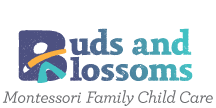-
Practical Life
-
Practical life is very important in the Montessori classroom. The purpose and related activities play an important role in a child’s physical and emotional development. It is significant in that it lays the foundation for success in other areas of learning in the classroom. In a child’s mind it creates a bridge between home and the school, as children are used to see these activities at home like pouring, spooning, chopping, lacing, buttoning, cutting, etc. They are delighted and involved when participating in these activities. The direct goal of practical life is to achieve social skill and personal independence, and the indirect goals of practical life activities are: concentration, coordination and sense of order. Maria Montessori said, “The hands become the tools for mind.” The more children are exposed freely to get involved with hands on activities, the more they connect to their environment, relating to their own self and creation. Other than fine motor related activities, some examples of related work in this area are: caring for person and environment, common courtesy, grace, cleaning, washing dishes, making simple snack and juice, among other things. The little working hands make a great connection to the brain that creates impression and develops the strong cognitive fields.
-
- Develops fine motor skills
- Eye-hand coordination
- Concentration, control, independence
- Order (e.g., read/write from left to right)
-
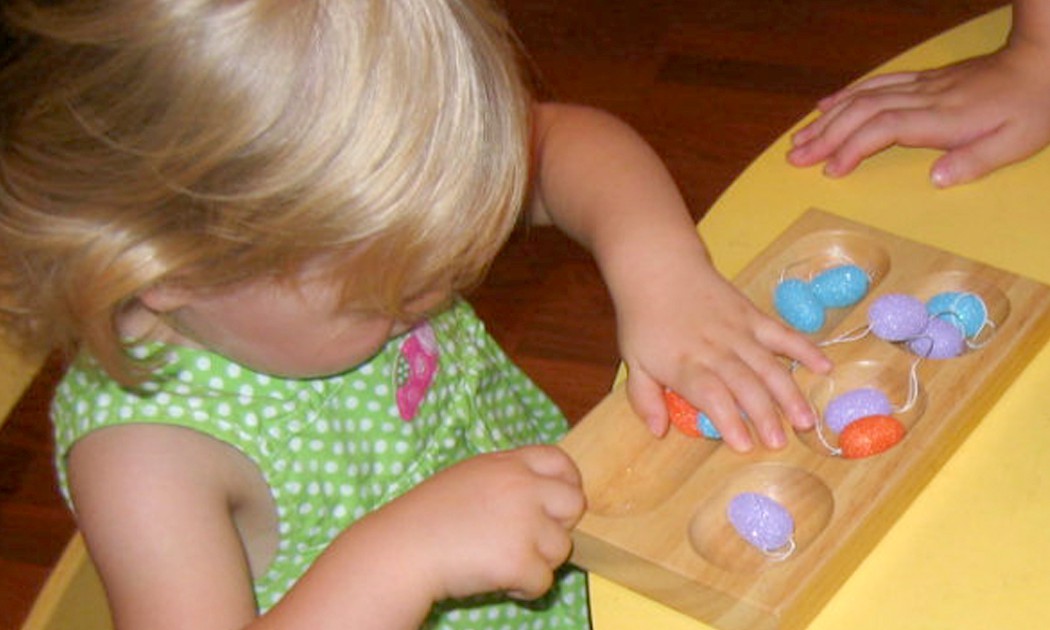 Sorting
Sorting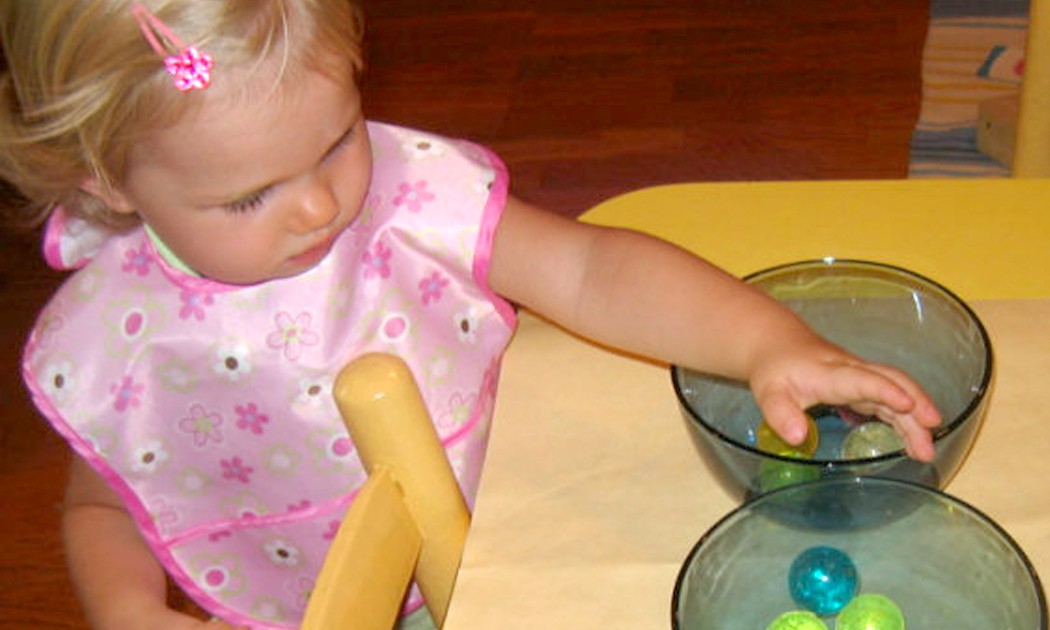 Fine motor skills—gripping
Fine motor skills—gripping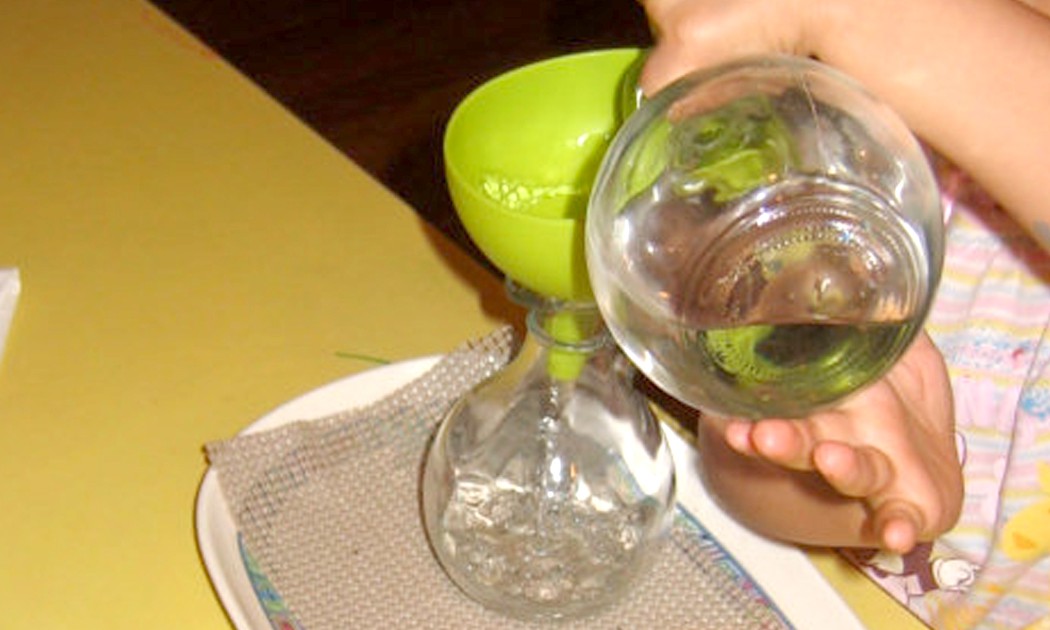 Pouring liquid
Pouring liquid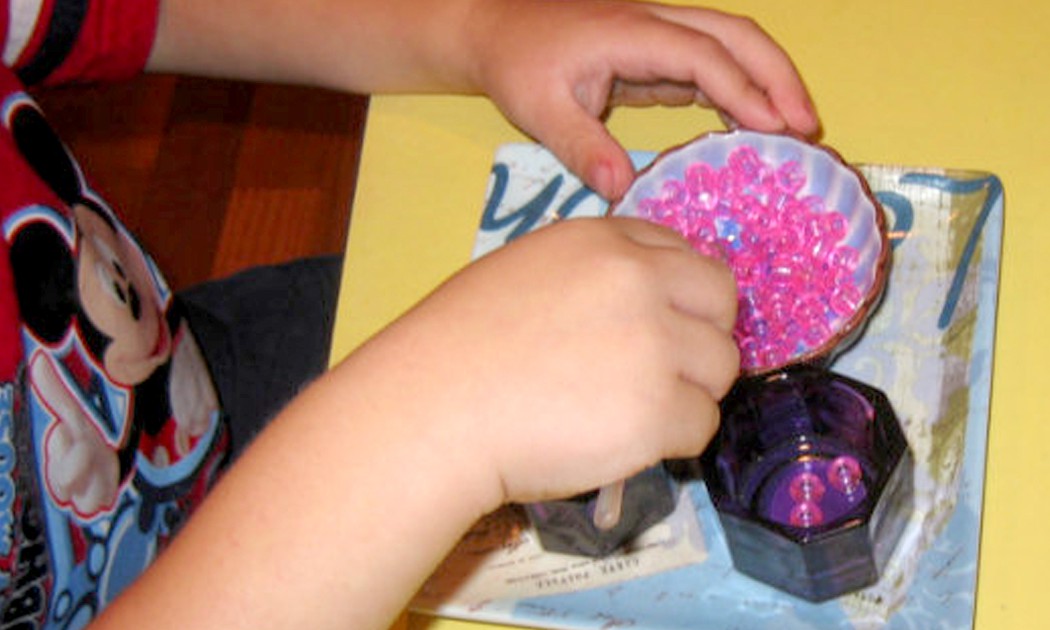 Fine motor skills—Tweezing
Fine motor skills—Tweezing
